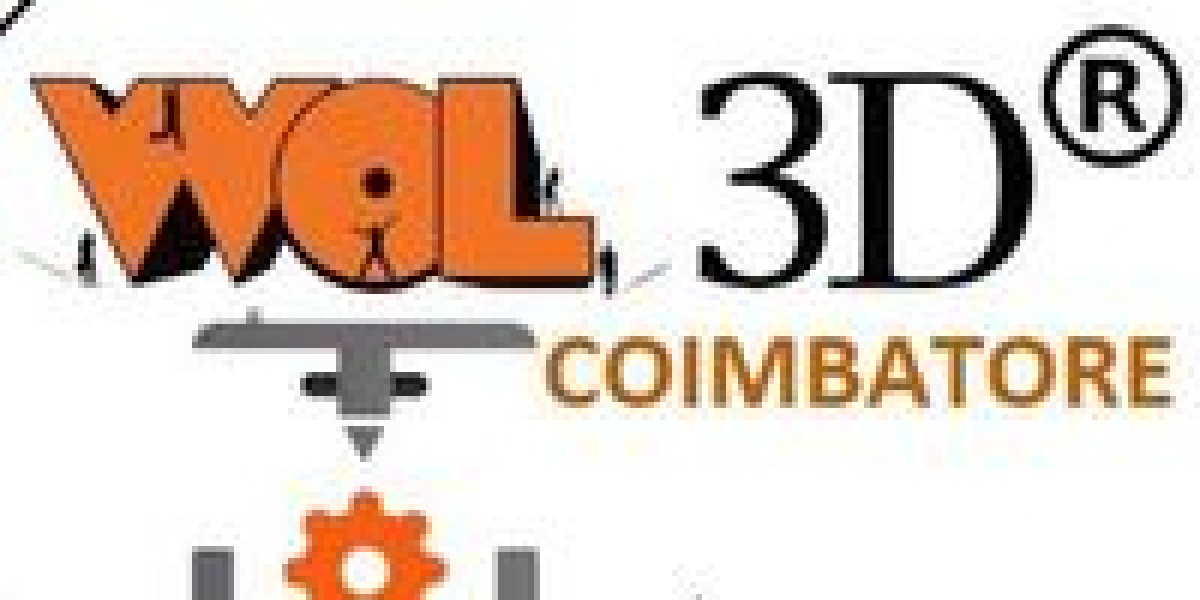Electric water heaters have become indispensable in modern homes, providing reliable hot water for bathing, cleaning, and cooking. Understanding types of Electric Water Heaters , installation process, and energy-saving features can help homeowners make informed decisions when choosing a water heating solution.
Types of Electric Water Heaters:
Storage Tank Water Heaters:
- Description: These heaters store hot water in insulated tanks, available in various sizes to suit household needs.
- Benefits: Continuous hot water supply, affordable upfront cost, easy installation.
- Considerations: Energy consumption for maintaining water temperature, limited capacity.
Tankless (On-Demand) Water Heaters:
- Description: Heat water directly without using a storage tank, heating only when hot water is needed.
- Benefits: Energy-efficient, endless hot water supply, compact design.
- Considerations: Higher upfront cost, may require upgraded electrical wiring.
Installation of Electric Water Heaters:
Pre-Installation Preparation:
- Assess electrical requirements based on heater specifications.
- Choose an appropriate location near plumbing lines and electrical panel.
- Ensure adequate ventilation and clearance space around the heater.
Installation Steps:
- Shut off electricity and water supply to the area.
- Connect the water heater to the cold water inlet and hot water outlet.
- Install pressure relief valves and consider expansion tanks if necessary.
- Connect the heater to the electrical panel following manufacturer guidelines.
- Test for leaks and proper functioning before turning on electricity.
Maintenance and Care:
Regular Inspections:
- Check for leaks, corrosion, or mineral buildup.
- Test pressure relief valves and thermostat settings.
- Flush the tank annually to remove sediment buildup.
Energy Efficiency Tips:
- Set thermostat to recommended temperatures (typically 120°F) to save energy.
- Insulate hot water pipes to reduce heat loss.
- Consider a timer or smart thermostat for better control over heating cycles.
Choosing the Right Size:
- Calculate hot water demand based on household size, usage patterns, and peak demand times.
- Consult manufacturer sizing guidelines to ensure adequate hot water supply.
Cost Considerations:
- Compare initial purchase costs, installation expenses, and long-term operational savings (energy efficiency ratings).
- Factor in potential rebates or incentives for energy-efficient models.
Additional Features and Innovations:
High-Efficiency Models:
- Description: Advanced insulation and heat pump technology for significant energy savings.
- Benefits: Lower operating costs, reduced environmental impact.
- Considerations: Higher initial cost, longer payback period.
Smart Water Heaters:
- Description: Wi-Fi-enabled controls for remote monitoring and energy management.
- Benefits: Adjust settings from mobile devices, track energy usage, optimize heating schedules.
- Considerations: Compatibility with home automation systems, potential cybersecurity risks.
Environmental Impact and Sustainability:
- Discuss the environmental benefits of energy-efficient electric water heaters compared to traditional models.
- Highlight the importance of proper disposal or recycling of old units to minimize environmental impact.
Conclusion: Electric water heaters offer versatility, efficiency, and convenience for households seeking reliable hot water solutions. By understanding their types, installation process, maintenance requirements, and energy-saving features, homeowners can make informed choices that meet their specific needs and budget.








